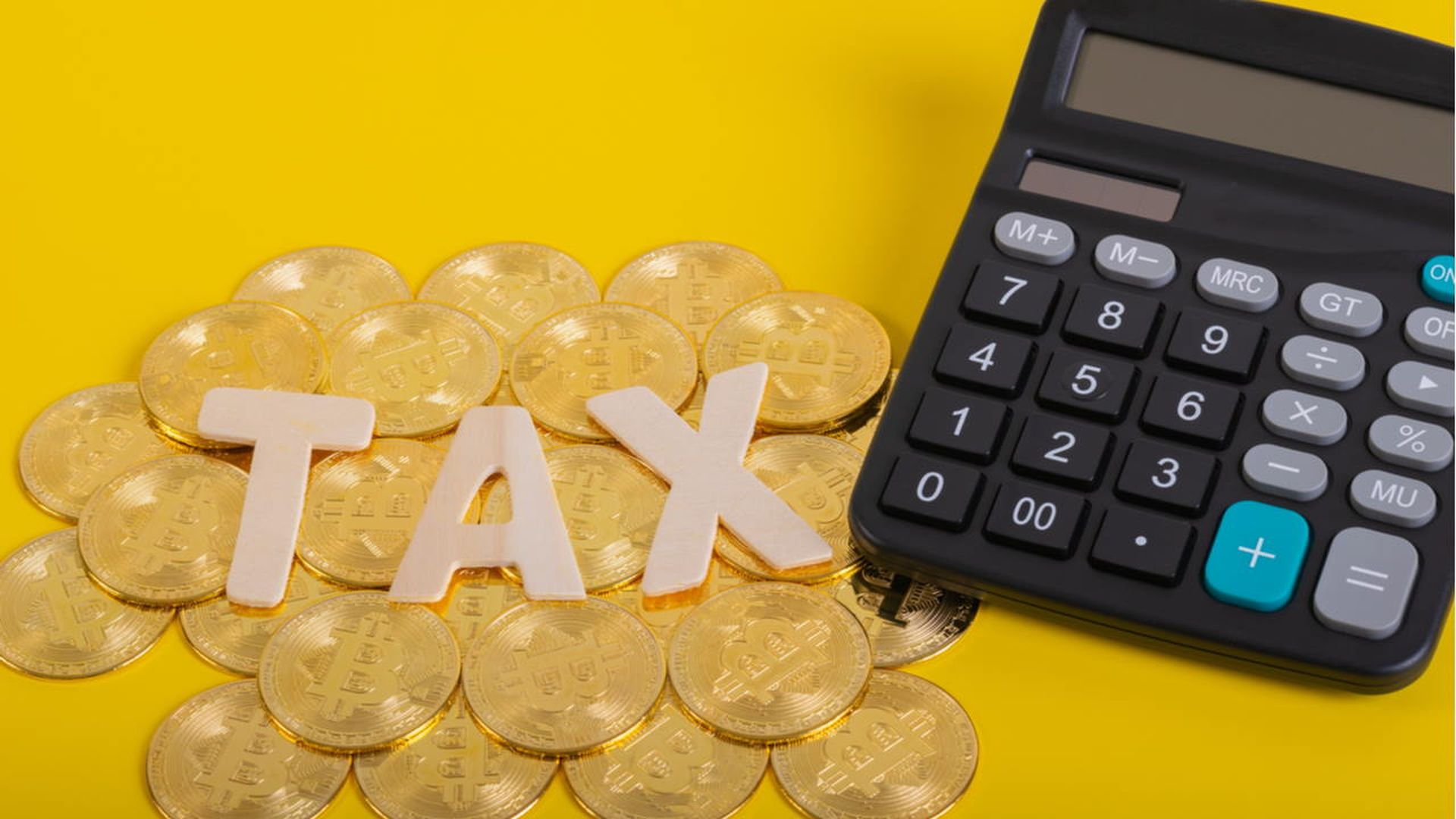Beginning in 2023, Italy crypto tax will levy a 26% capital gains crypto tax on earnings. The new rule requires cryptocurrency owners to report their existing holdings and pay a 14% tax on them. This is not the first time that a government put regulations into place to tax crypto earnings, as countries such as the United States, Australia, the United Kingdom, Canada, Belgium, Iceland, Israel, the Philippines, and Japan tax their residents for their crypto earnings. These taxes can go high as %50 in some cases. While the likes of Germany, Switzerland, and Singapore has not yet implemented the taxation of crypto, they might also follow in the footsteps of the other countries we mentioned.
Italy crypto tax will be in effect as of 2023
From 2023 onwards, capital gains from cryptocurrencies will be taxed at a rate of 26% according to the new Italy crypto tax. The Italy crypto tax levy is being proposed by MPs in the country’s budget plans for 2023. Profits of more than 2,000 Euros will be exempt from the Italy crypto tax. Taxpayers will also be able to report the value of their assets beginning January 1, 2023. They will be taxed at a rate of 14% on these refunds. This is comparable to the new tax legislation imposed on India earlier this year. Before the higher tax rate was enacted, the Indian government permitted citizens to register their assets.

Until now, cryptocurrencies have been subject to foreign currency tax regulations that are much lower. The tax rise would undoubtedly irritate investors in the nation, whose capital gains will be reduced. In Italy, over 1.3 million people, or 2.3% of the population, possess cryptocurrencies and will be affected by the Italy crypto tax. This percentage is nowhere near as high as in some other European countries, but the administration obviously wants to put the regulations in place as soon as possible. Portugal, a country where cryptocurrency is immensely popular, has slapped a punitive tax rate of 28% on cryptocurrency.
The rising monitoring of the cryptocurrency sector in Italy is being matched by a drive for crypto firms to seek licenses. Gemini and Nexo have obtained licenses to operate as Virtual Currency Operators in the nation. Binance, Coinbase, and Crypto.com were also granted permission to operate in Italy early this year. The registration requires exchanges and other cryptocurrency providers to comply with AML and counter-terrorist funding legislation. These Italy crypto tax rules and registrations come as the European Union (EU) prepares to implement its MiCA legislation.

While numerous exchanges have been approved in Italy, there are concerns about the exchanges’ screening process. This is especially crucial in light of the FTX collapse, which has intensified the urge to impose regulations. Crypto companies just need to provide 10 pieces of information to register as virtual asset service providers. There are a few extra phases in the process, but overall, the registration procedure is rather simple. As a result, numerous crypto exchanges, even smaller ones, have been granted permission to operate in the nation. However, with the MiCA statute taking effect in 2024, regulatory activities may soon pick up.

How is crypto taxed around the world?
Many individuals appear to have begun to comprehend how cryptocurrency works. Since the introduction of cryptocurrency into the financial sector a few years ago, their interest has skyrocketed. Indeed, some financial experts believe that bitcoin is the currency of the future. However, now that bitcoin has taken off, the financial establishment should be careful of its usage in a decentralized market. Governments should also enact reasonable rules to protect investors and prevent cyberattacks on digital assets. One of the most pressing questions is how cryptocurrency gets taxed. We’ve covered the new Italy crypto tax, here are some other countries with crypto tax and regulations:
- United States: The country regards cryptocurrency as an investment asset rather than a currency. The Internal Revenue Service (IRS) is aware that virtual money may be used to pay for goods or services or stored for investment purposes, according to Notice 2014-21. “Virtual currency is a digital representation of value that functions as a medium of exchange, a unit of account, or a store of value.” Crypto is taxed as capital gains, with a federal tax rate ranging from 0% to 37%. The tax is known as capital gains tax (CGT).

- Australia: In Australia, cryptocurrency is also regarded as an asset or trading stock. If the CGT is disposed of, it becomes an asset, and if it becomes a commercial activity for selling and purchasing assets, it becomes a trading stock.
- United Kingdom: In the United Kingdom, cryptocurrency is likewise regarded as an asset. The HMRC has also published a guide for regulating crypto taxes. It argues that cryptocurrency is a personal asset that may be used for financial appreciation or specific purchases. Similarly to Australia, disposing of cryptocurrency necessitates a CGT.
- Canada: Canada, like the other nations stated above, views cryptocurrency as an asset. Depending on the nature of the transaction, it may be subject to CGT or income tax.
Cryptocurrency is prohibited in several countries. Their nationals are not permitted to store cryptocurrency or make cryptocurrency transactions within their countries. Keep the following in mind:
- China: The government is considering introducing its own digital money in the near future. It does not accept cryptocurrencies as legal tender. Furthermore, their financial institutions and banks do not allow cryptocurrency transactions.
- Russia: The country does not accept digital currency as legal tender. The Russian ruble is still the sole official currency.

Crypto tax-free countries
- Germany
- The Cayman Islands
- El Salvador
- Malaysia
- Malta
- Switzerland
- Puerto Rico
- Belarus
- Singapore
Worst countries when it comes to crypto taxation
Belgium is well-known for its 33% capital gains tax on crypto transactions, as well as withholding up to 50% of professional income from crypto trades. Belgium enacted severe crypto taxation legislation in 2017. In Iceland, cryptocurrency earnings of up to $7,000 are taxed at 40%, while larger gains are taxed at 46%. The sale of cryptocurrency in Israel is normally subject to capital gains tax, which can reach 33%. If crypto trading entails a business income tax, it might be as high as 50%.

In the Philippines, any crypto revenue under $4,500 is tax-free, while any income beyond that is taxed at a rate of up to 35%. The country’s administration has also been mulling additional crypto taxes by 2024, increasing fears that Manila may follow India’s lead and levy a 30% flat tax on all crypto profits. Japan rounds out the top five worst countries for resident crypto taxes. For income classified as miscellaneous, the government uses a progressive tax rate scheme. The tax rate ranges from 5% to 45%, depending on overall profits. With Italy crypto tax coming into effect in 2023, maybe it will be regarded as a country with bad crypto taxation.
Laws and regulations around crypto are getting stricter every day and Italy crypto tax is just the latest development. If you wish to learn more about regulations on crypto, we suggest that you take a look at Brazil legalizes cryptocurrencies as a payment method, or crypto influencers can face market manipulation charges under MiCA.





